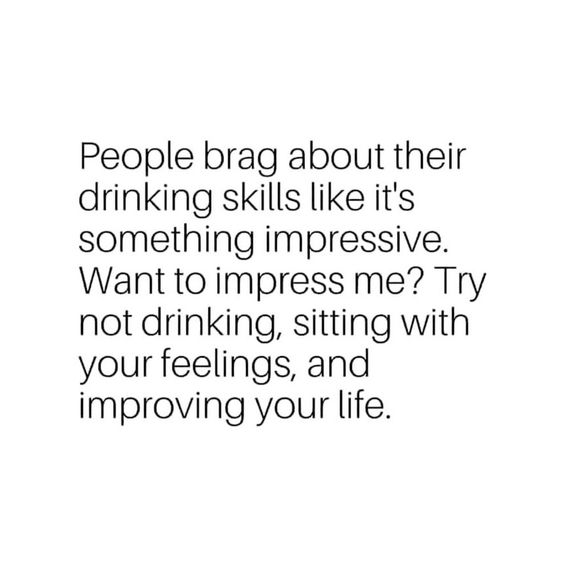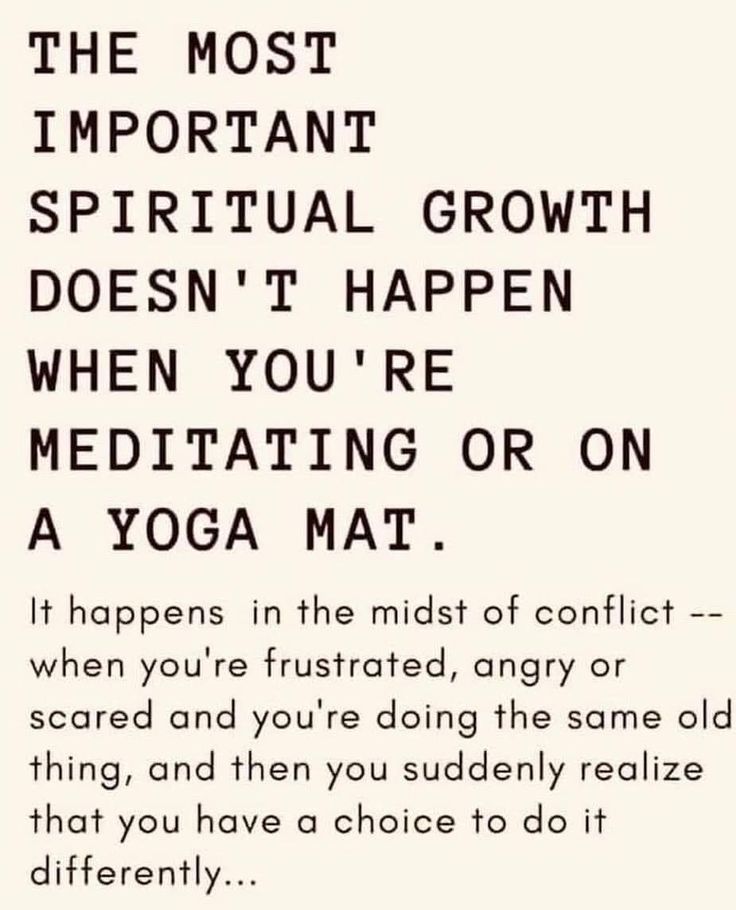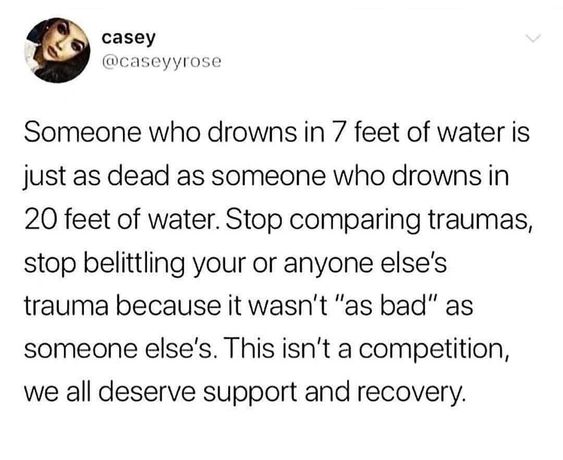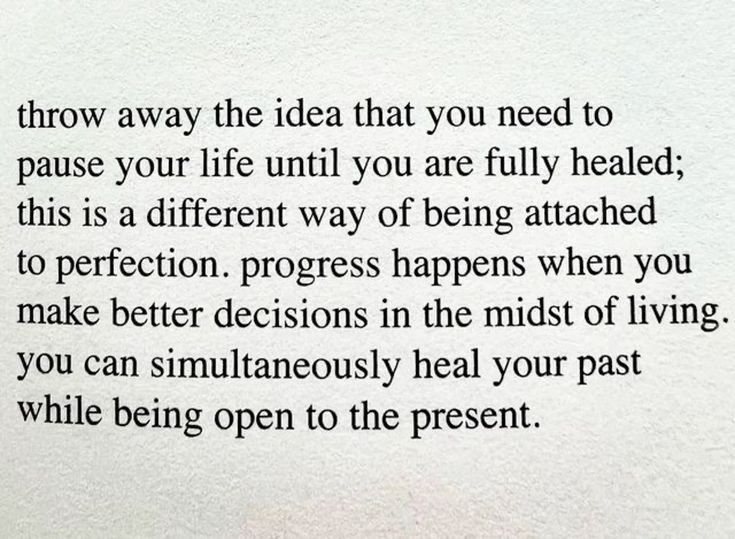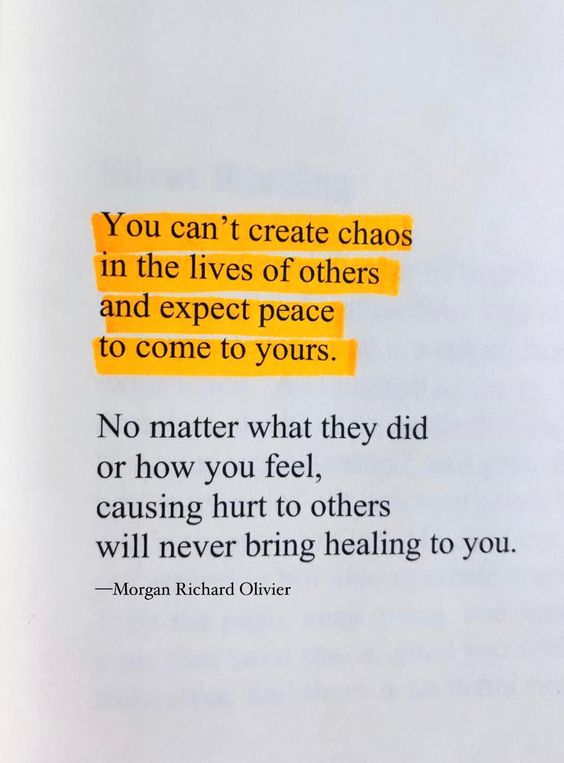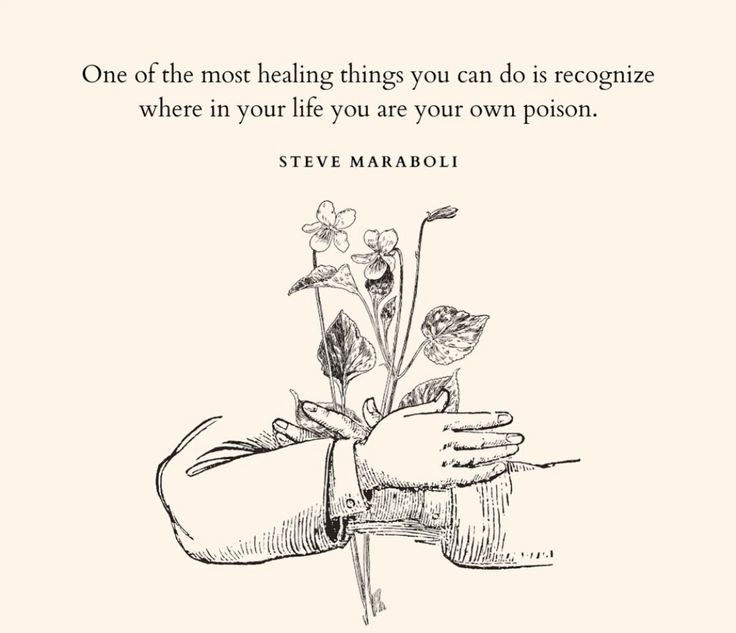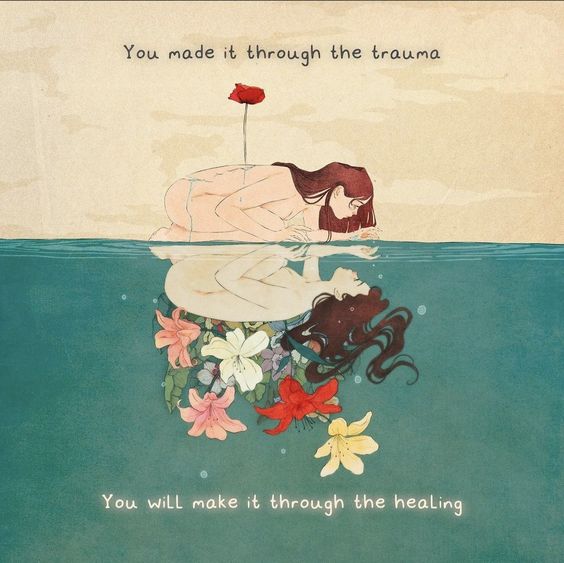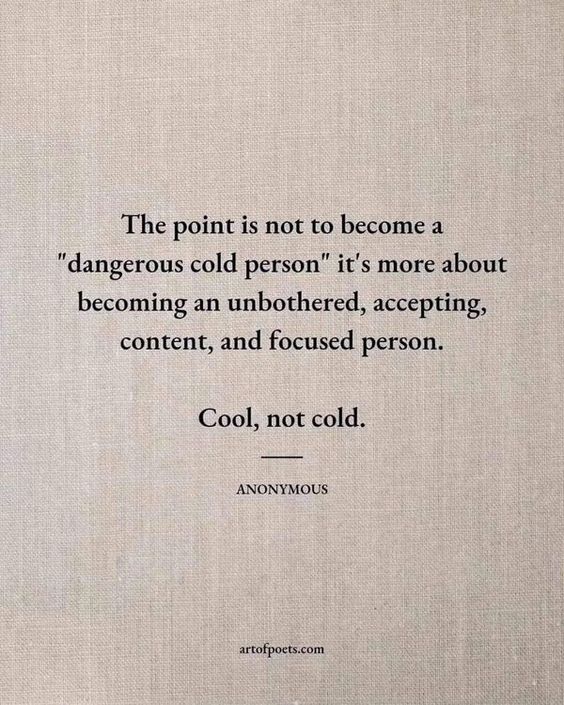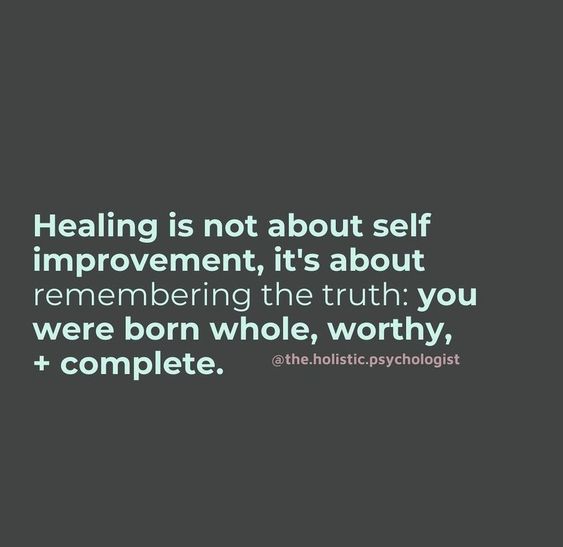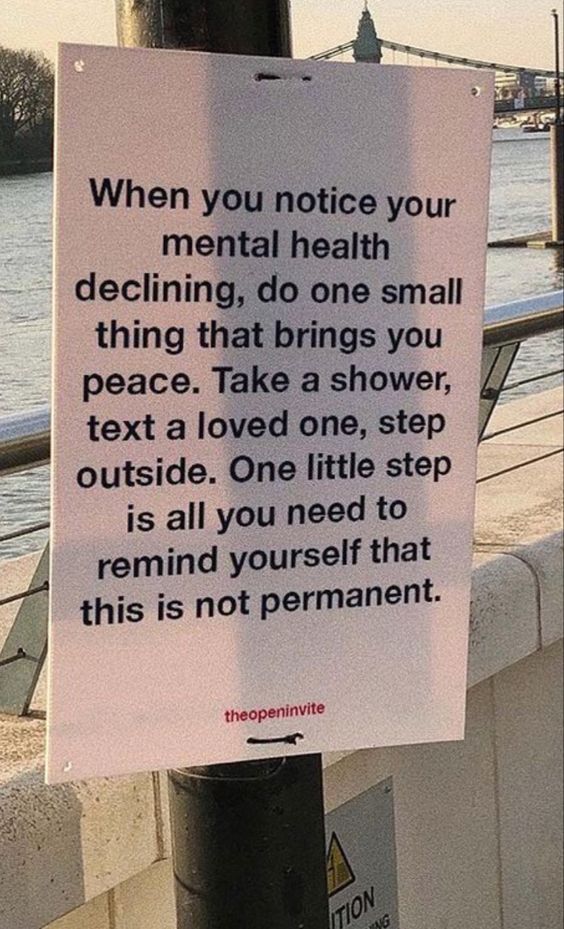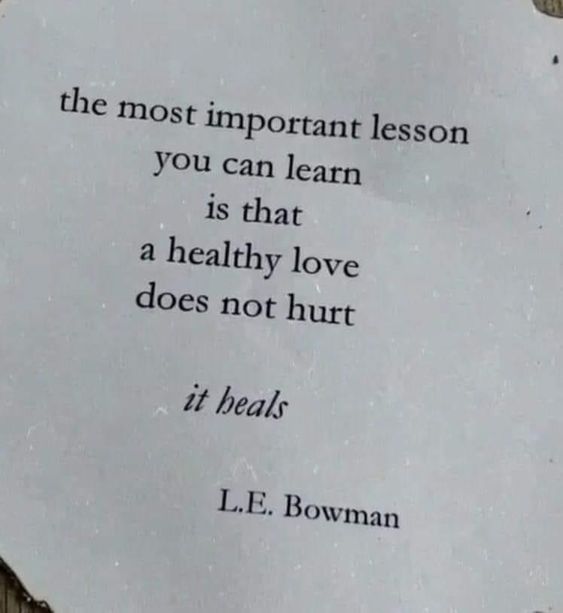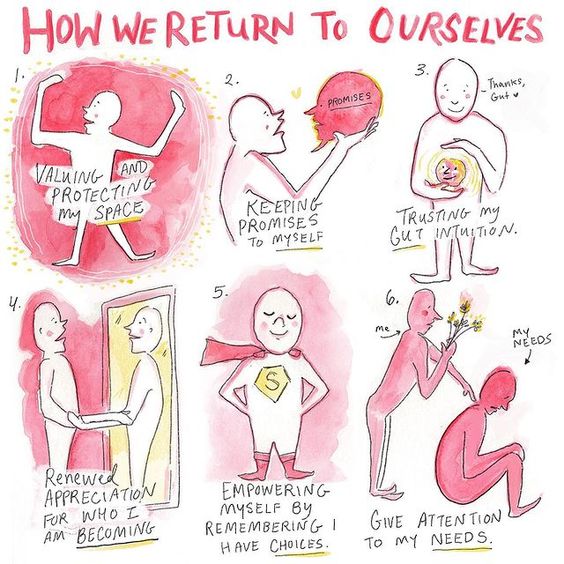“She would never be ashamed for her own nature. She would see the doctor. She would make an appointment and continue to do and take and try whatever they advised. She wouldn’t run from her pain any more. She wouldn’t poison herself with the pressures of imagined perfection. She would see her own hurt, recognise it, and not imagine there was a life of unquestionable positivity and happiness she was being deprived from. She would accept the darkness of life in a way she never had, not as failure but as part of a totality, as something that threw other things into relief, into growth, into being. The ash in the soil.”
Matt Haig, The Midnight Library (Page 285)
“Stoicism is not just invulnerability…if such a thing even exists. Stoicism is also having the self-awareness to know when you are struggling. It’s having the courage to admit when you could use a hand. It’s having the wisdom not to pretend you know the answer (you can’t learn that which you think you already know, Epictetus says). It takes daring and toughness to go to therapy—perhaps more than just white knuckling it. It’s a brave thing to share your struggles with a friend or to hire a coach or expert to help you get better at something. It takes a confident person to ask a question or admit, ‘I don’t know.’ Don’t be like the cowards who are too fragile or fearful to do this. Be truly courageous.”
Ryan Holiday
“The Buddhists believe that our presence can be healing; that by simply sharing space with another person and giving them our full, undivided attention, we can ease their suffering. Sometimes I wonder if the reason we don’t all feel so broken and lonely and insecure is because we rarely give each other our full, undivided attention.”
Cole Schafer
“One must become poor inwardly for then there is no seeking, no asking, no desire, no—nothing! It is only this inward poverty that can see the truth of a life in which there is no conflict at all. Such a life is a benediction not to be found in any church or any temple.”
J. Krishnamurti, Freedom From The Known (Page 60)

